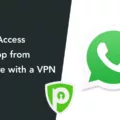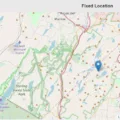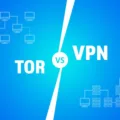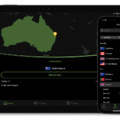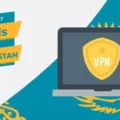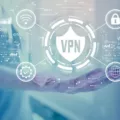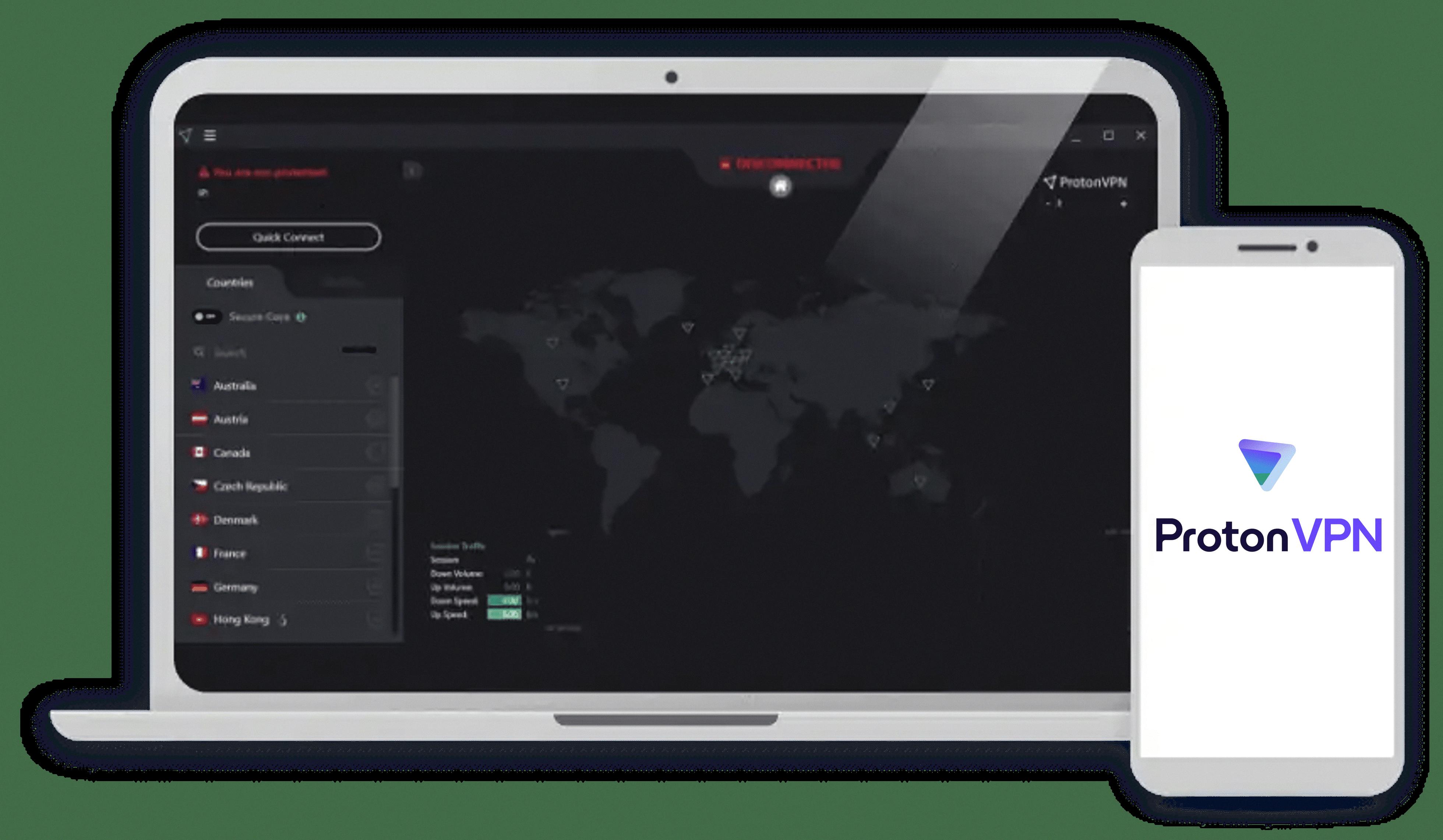Recently, more and more people are turning to virtual private networks (VPNs) for their online privacy and security. VPNs are a great way to protect yourself while browsing the internet, whether you’re using public Wi-Fi or your home network.
VPNs work by encrypting all of the data that passes between your device and the internet. This means that no one can see what you’re doing online or what websites you’re visiting. It also hides your IP address, making it impossible for anyone to track your browsing activity or identify your location.
The most important benefit of using a VPN is its ability to protect your online privacy and security. Your data is encrypted while passing through the VPN tunnel, making it difficult for hackers or snoops to intercept it. Additionally, it prevents websites from tracking your location and personal information, allowing you to browse anonymously without worrying about being monitored.
Another great advantage of using a VPN is its ability to access geo-restricted content. A lot of streaming services such as Netflix, Hulu, and BBC iPlayer are only available in certain regions due to licensing agreements. However, with a VPN you can bypass these restrictions by connecting to servers located in different countries around the world. This allows you to access video content from other countries without having to move there!
Overall, virtual private networks are an essential tool for anyone who wants to keep their online activity safe and secure while they browse the web. From protecting your privacy against hackers and snoops on public networks to accessing geo-restricted content — there really is no better way of ensuring that all of your data remains safe and secure while online!
The Uses of a VPN
A VPN is a great tool for those who want to stay secure, anonymous, and private online. With a VPN, your entire data is encrypted and routed through a secure tunnel, meaning that even if it is intercepted by an outside party, they will not be able to read or understand it. This makes VPNs especially useful for:
1. Accessing websites and services from other countries: A VPN can make it appear as if you are in another country, allowing you to bypass any geo-restrictions or censorship imposed in your current location.
2. Protecting yourself from hackers: When you use public networks such as Wi-Fi hotspots, your data can be vulnerable to interception by cyber criminals. A VPN encrypts your communications, making them unreadable even if intercepted by someone else using the same network.
3. Bypassing internet censorship: In some countries, certain websites and services may be blocked or censored due to political reasons. A VPN helps you bypass these restrictions so that you can access content freely and securely.
4. Keeping your data secure when using public networks: If you need to send sensitive information such as bank details or passwords while on public networks, a VPN will add an extra layer of security so that no one else can intercept this information.
5. Enhancing your privacy while browsing the web: Even when you’re not connected to a public network, using a VPN can help prevent websites from tracking your activity and collecting personal information about you without your knowledge.
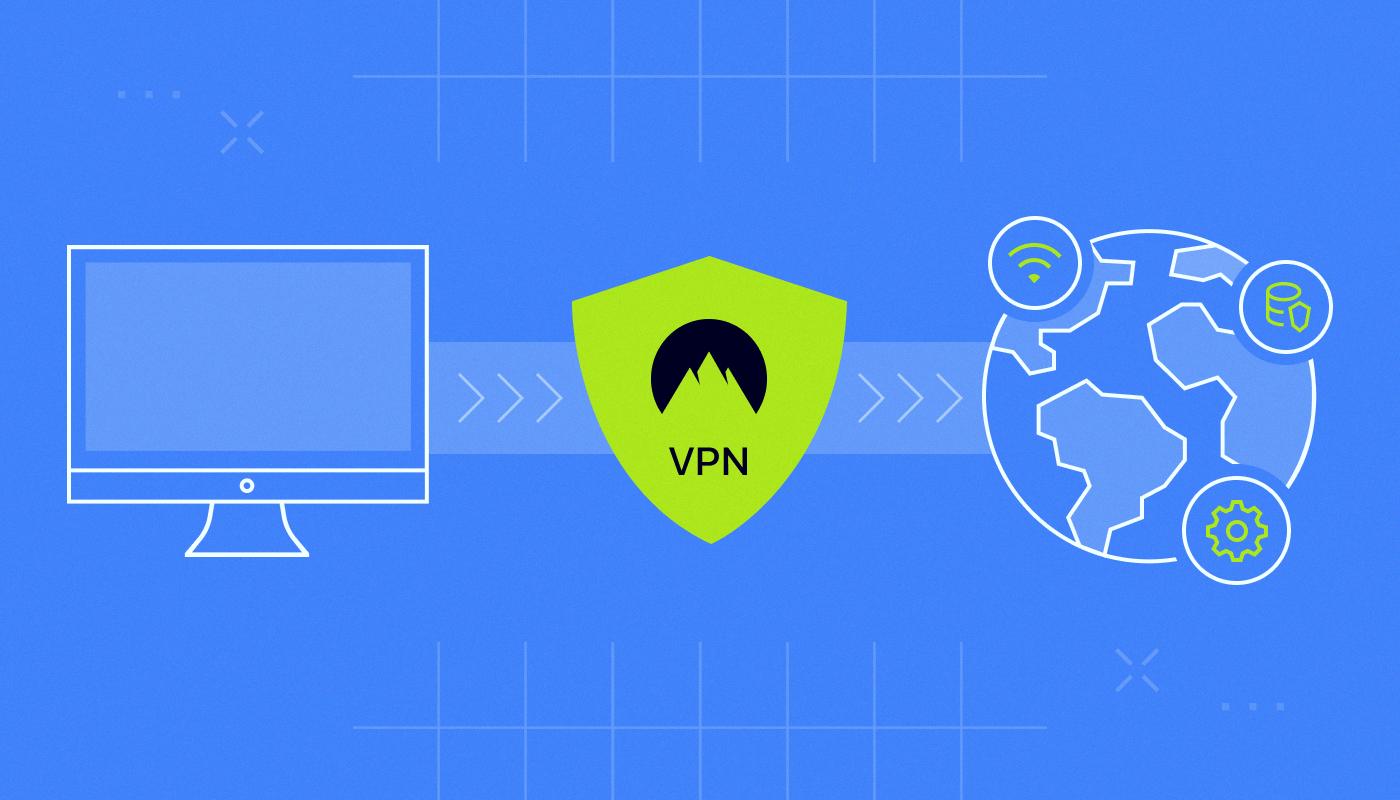
Source: nordlayer.com
When Should a VPN be Utilized?
A VPN should be used whenever you need to protect your online activity and personal data from being exposed to external threats. This includes any time you are connected to a public Wi-Fi network, such as at an airport or coffee shop, as these networks can be easily infiltrated by hackers. Additionally, a VPN should be used when accessing sensitive websites, such as banking sites, where encryption is essential for keeping your financial information safe. Finally, if you’re concerned about government surveillance or censorship in your country, a VPN can help you access websites and content that may otherwise be blocked by local authorities.
The Three Major Uses of a VPN
1. Protecting Your Online Privacy: One of the main reasons people use a VPN is to protect their online privacy and anonymity. A VPN encrypts all the data that passes between your device and the internet, making it impossible for ISPs, government agencies, or hackers to track your online activity or identify you.
2. Securely Accessing Public WiFi Networks: Many public WiFi networks are unsecured and can be easily exploited by hackers. When you connect to a public network with a VPN, your data is encrypted, making it impossible for anyone on the same network to intercept and steal your information.
3. Accessing Geo-Restricted Content: Many streaming services such as Netflix have different content libraries in different countries due to copyright restrictions. By using a VPN, you can access content that would otherwise be blocked in your location by connecting to a server located in another country where it is available.
Should I Use a VPN on My iPhone?
Yes, it is highly recommended to use a Virtual Private Network (VPN) on your iPhone whenever you are connected to the internet. VPNs provide an additional layer of security that is not available through the built-in encryptions in iPhones. With a VPN, all of your internet traffic is encrypted and protected from potential cyber criminals who may try to view your data without your permission. Furthermore, using a VPN allows you to access geo-restricted content and unblock websites that may be blocked by your internet provider. Finally, by using a VPN you can protect yourself from hackers and other malicious actors who could use your device as an entry point into your network.
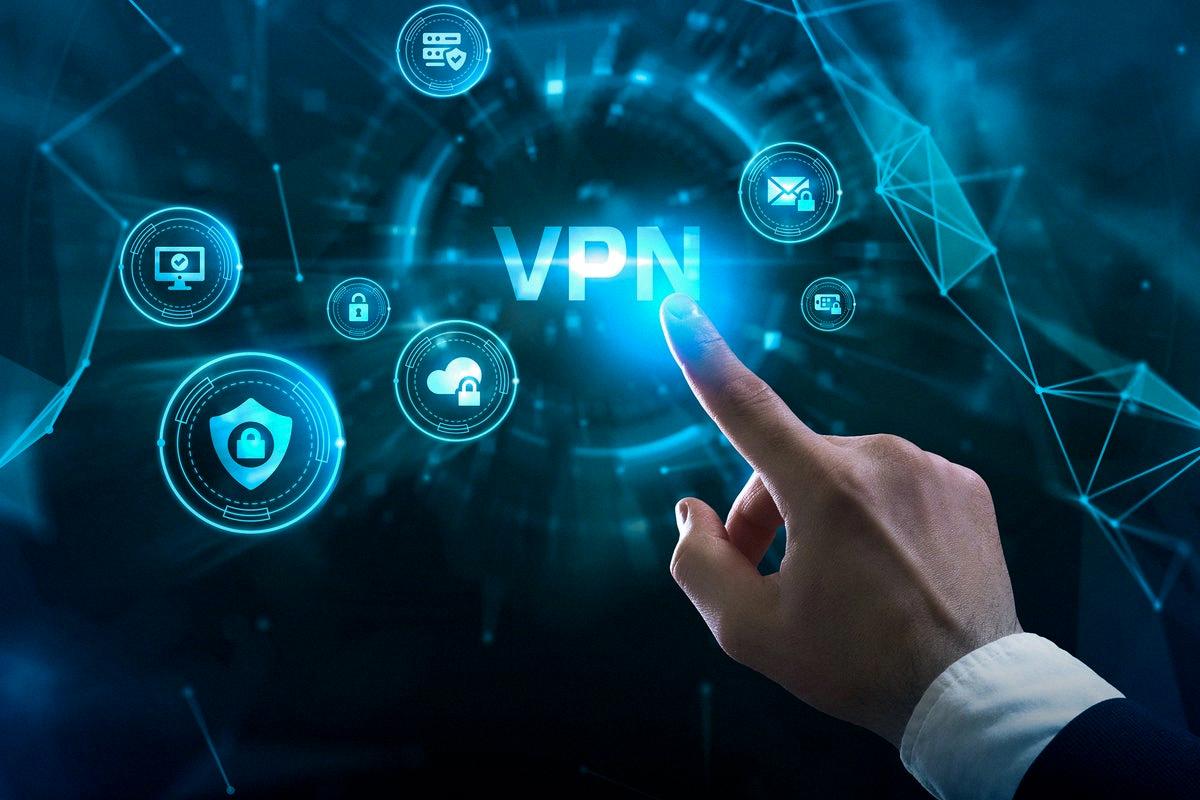
Source: computerworld.com
The Benefits of Leaving a VPN On All the Time
Yes, it is absolutely OK to leave your VPN on all the time. Keeping your VPN on provides a range of benefits that will help keep your information secure and private when using the internet. Your VPN acts as an extra layer of security between you and potential hackers, meaning that all of your data is encrypted and kept private. Additionally, if you are located in a country with restrictive internet laws, your VPN will help protect you from being tracked or monitored online. In short, leaving your VPN on all the time is one of the best ways to ensure that your information remains secure while online.
The Benefits of Using a VPN on Home Wi-Fi
It depends on your needs and the level of security you are looking for. A VPN is a great way to increase your data privacy and protect yourself from cyber threats. It’s especially important if you connect to public Wi-Fi networks, which can be insecure, or if you travel and use different networks. However, a VPN isn’t always necessary at home as your Wi-Fi should already be password-protected, so the risk is minimal. On the other hand, a VPN can help to encrypt your data and provide extra layers of protection, so it may be worth considering if you want increased security and anonymity. Ultimately, it’s up to you whether or not you choose to use a VPN on your home Wi-Fi.
What Are the Benefits of Using a VPN?
A VPN, or virtual private network, is a great way to protect your privacy and security online. With a VPN, you can encrypt your data and access blocked websites, ensuring that no one can track your online activity. Here are some of the coolest things you can do with a VPN:
1. Access Geo-restricted Content: Many streaming services like Netflix, Hulu, and BBC iPlayer are only available in certain countries. With a VPN, you can easily bypass these geo-restrictions and watch your favorite shows from anywhere in the world.
2. Protect Your Privacy: Using a VPN encrypts all of your data so that no one can snoop on it or track your activity. This makes it an ideal solution for anyone who wants to keep their online activity private.
3. Avoid Bandwidth Throttling: If you use streaming services like YouTube or Netflix, bandwidth throttling by ISPs may affect the quality of your videos. A good VPN can help you avoid this issue by masking your internet traffic from ISPs and preventing them from slowing down data speeds.
4. Make Public Wi-Fi Safer: Public Wi-Fi networks are often unsecured which makes them vulnerable to malicious actors trying to steal personal information or spy on users’ activities. By using a VPN on public networks, you can protect yourself against these threats and browse safely without worrying about prying eyes and keeping tabs on you.
5. Save Money on Flights and Hotels: Some travel sites show different prices based on the user’s location or IP address which means that prices vary based on where you’re located – even if the destination is the same! With a VPN, you can change your IP address to access lower prices when booking flights and hotels online – saving you money in the process!
What Benefits Does a VPN Provide?
A Virtual Private Network (VPN) is a digital service that hides your online identity by masking your IP address and encrypting the data you send and receive. This ensures that any personally identifiable information (PII) such as bank account numbers, Social Security numbers, and driver’s license numbers are kept secure. By changing your IP address, a VPN can also help you access to content that may otherwise be blocked in your region due to geo-restrictions. With a VPN, you can also browse the internet anonymously, protecting your privacy even further.
Conclusion
In conclusion, a Virtual Private Network (VPN) can be an invaluable tool in protecting your online privacy, browsing securely, and accessing content that may be otherwise restricted. With a VPN, you can hide your IP address and encrypt your web traffic, making it much more difficult for hackers and snoops to track your activity on the internet. Furthermore, with its encrypted connection, you can also browse safely on public Wi-Fi networks without having to worry about data theft or other security issues. Ultimately, if you are looking for a way to protect your online identity and access geo-restricted content, then a VPN should be considered as an essential part of any online user’s security plan.

